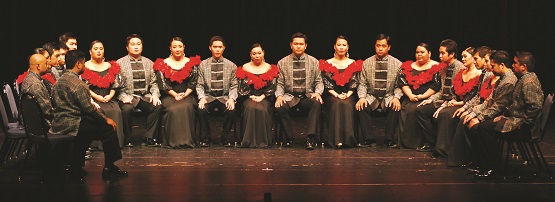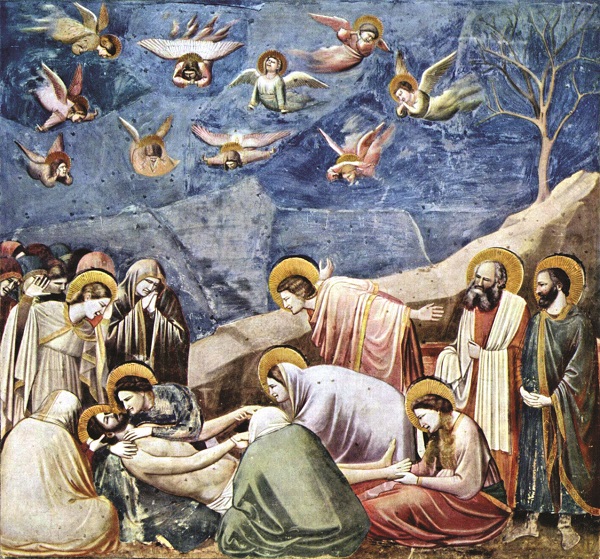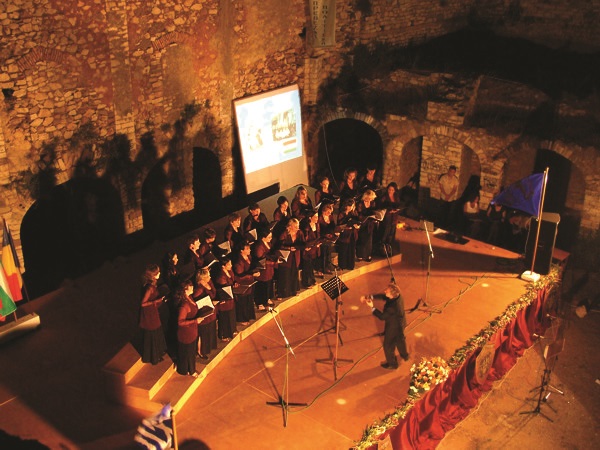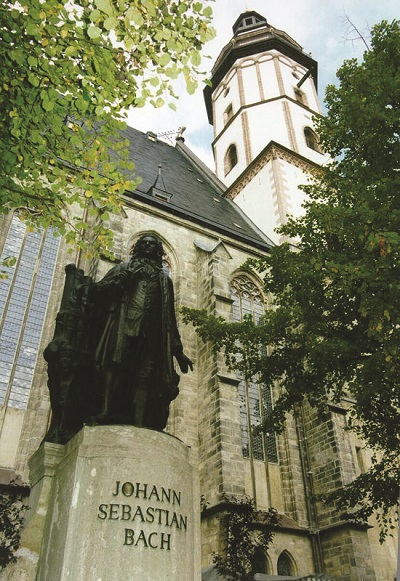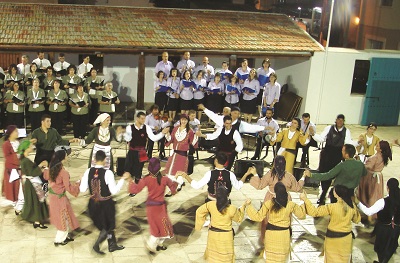Ein Kurzer Rückblick auf die Chorgeschichte Griechenlands
Stathis Oulkeroglou, Komponist, Chorleiter, Direktor des Agios Stefanos Konservatoriums, Generalsekretär der Pan-Hellenic Association of Choral & Instrumental Ensembles’ Conductors.
Für Griechenland ist das Thema “Chor”…Read More →



